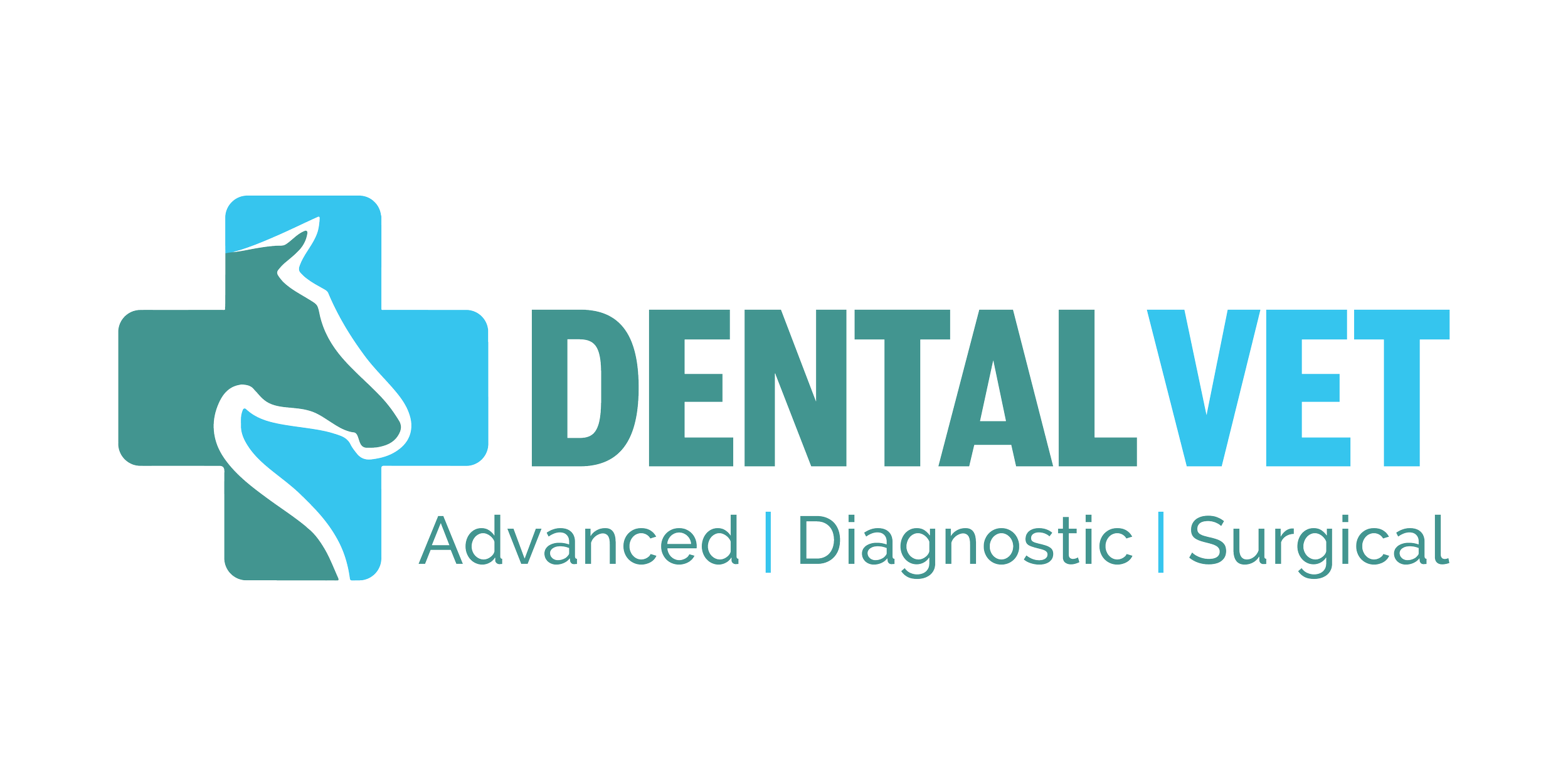HOW IS MY HORSE EXAMINED?
We start a consult by asking some questions to get to know you and your equine partner. It is important that your vet understands any health issues or challenges you may have with performance, bitting, feeding and general wellbeing of your horse. We will explain every step as we go. We then complete a thorough physical exam including listening to the heart. This is important because dentistry is part of a ‘whole health’ approach.
Commonly, a major clue of your horse’s mouth problem is found elsewhere (glands or digestion for example). The exam also means medication is only used when appropriate and can be specifically tailored to your horse. The horse is given some medication to relax the mouth, provide pain relief and reduce anxiety. A thorough exam and access to all parts of the mouth is only possible when the tongue and cheeks are very still and relaxed. This is not possible in an un-sedated horse, regardless of their temperament. A horses’ mouth is a vulnerable area and they will chew and move the tongue when someone is looking and working in their mouth, even in a horse that is standing still during a dental.
Your horse is then led into the mobile stocks. See our equipment and facilities section. This is an open horse box attached to a trailer that functions as a mobile vet hospital. It has weight scales: monitoring your horse’s weight and accurate dosing of wormers or any medication has never been more of a breeze! The outside of the head and mouth are closely examined using specialised equipment. The standard of exam and the way the mouth is examined are very similar to your own exam at your dentist. The equine mirror and probe are just a wee bit bigger!
During the procedure we will explain what was seen and discuss treatment so you can make an informed decision. If it is an advanced treatment or going to take more time than is available, a decision can be made on the next steps. Please note, diagnosis and treatment of dental disease is restricted only to practicing veterinarians and The Dental Vet has advanced qualifications in this area.
Many clients take the opportunity for a bitting consult and or a sheath clean to be carried out after the dental and there usually is no additional charge for this.
WHY SHOULD I HAVE MY HORSE EXAMINED routinely by dental vet?
A healthy mouth plays such a big part in the overall well-being of your equine partner. Their ability to do their job willingly and well, whether it be a pleasure horse or high-performance athlete depends on it.
A detailed, veterinary exam in a relaxed patient done regularly is needed to discover subtle changes to teeth and soft tissues that greatly impact the horses wellbeing and performance.
Dental diseases do not obviously show themselves on the outside of the horse – and even when you would notice a swelling in the jaw, nasal discharge from an infected tooth or weight loss, the problem is already well advanced. Therefore you heavily rely on the quality of a regular examination to ensure problems are picked up.
Horses are prey animals and therefore learn how to adapt to pain. They might be unwilling to accept contact, ball up food when eating or are temperamental. However more often their behavioural and health changes are not recognized as outward signs of mouth pain and horses can suffer through severe oral problems while competing, eating and getting on with life. Learn more about Equine Pain Face here.
While floating of teeth with motorized or hand instruments traditionally has tried to address sharp points and imbalance, now horse owners demand a veterinary, science-based level of care to identify and treat the underlying causes.
Many clients notice changes in their horse after treatment, even those that present in good shape outwardly - from improvements in condition and general health, to temperament and performance.












